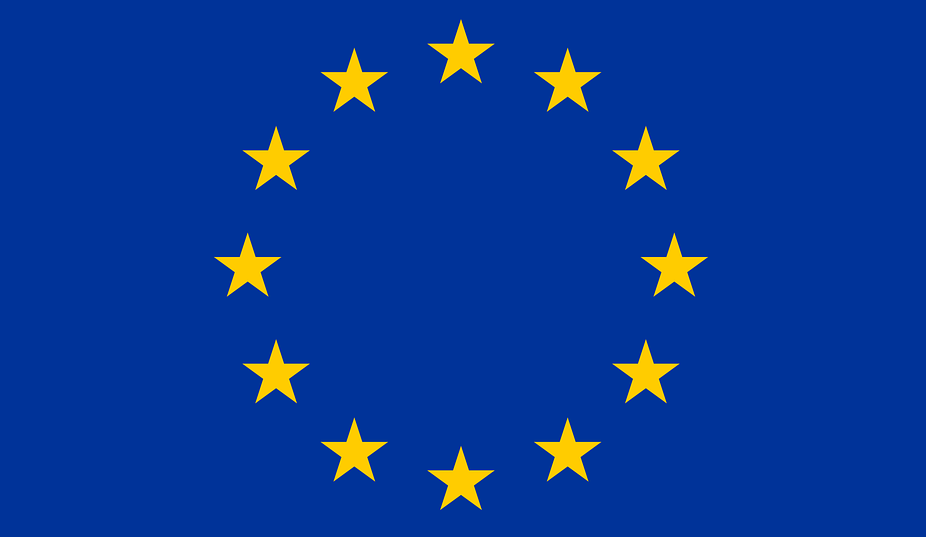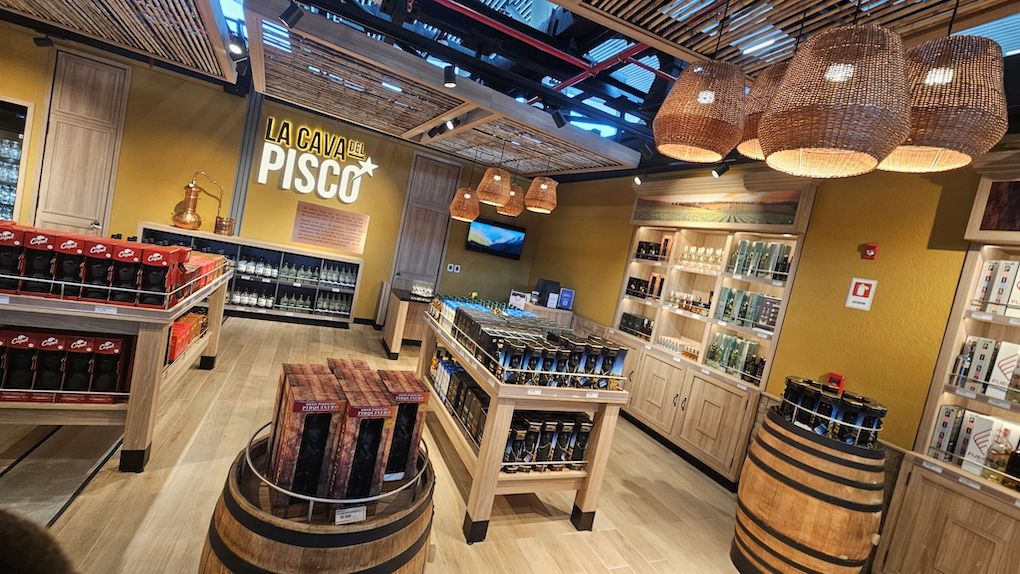 EUROPE. In an important step towards rebuilding the European travel business, EU member states today approved a plan to ease restrictions on travel into the region.
EUROPE. In an important step towards rebuilding the European travel business, EU member states today approved a plan to ease restrictions on travel into the region.
EU ambassadors representing the 27 states (who make up the EU Council -Ed) agreed to an EU Commission proposal from 3 May to allow any fully vaccinated travellers from non-EU states to enter the bloc for holidays or other non-essential reasons.
With the emergence of coronavirus variants of concern, as a counter-balance the Commission also proposed an ‘emergency brake’ mechanism, to be coordinated at EU level and which would limit the risk of such variants entering the EU. Also approved by states today, this measure will allow countries to act quickly and temporarily limit all travel from affected countries and to put in place appropriate sanitary measures.
EU Commission spokesperson for Rule of Law, the Charter of Fundamental Rights, Justice, Consumers and Gender Equality, Employment and Social Affairs Christian Wigand said: “The Council recommends that EU countries ease some of the current restrictions, in particular for those vaccinated with any authorised vaccine.”
He said the Council will also soon expand the list of countries a “good epidemiological situation” from which travel will be permitted based on the new criteria agreed today. This will increase the threshold of 14-day cumulative COVID-19 case notification rate from 25 to 75 (the EU Commission had proposed 100). A new list of approved states will be agreed in coming days.
Wigand added: “We welcome this agreement. It will facilitate inbound travel where it’s possible to do so safely and will ensure quick action to counter the spread of new variants.”
The agreement will shortly be formally adopted by the Council to enter force before the peak Summer travel season.












